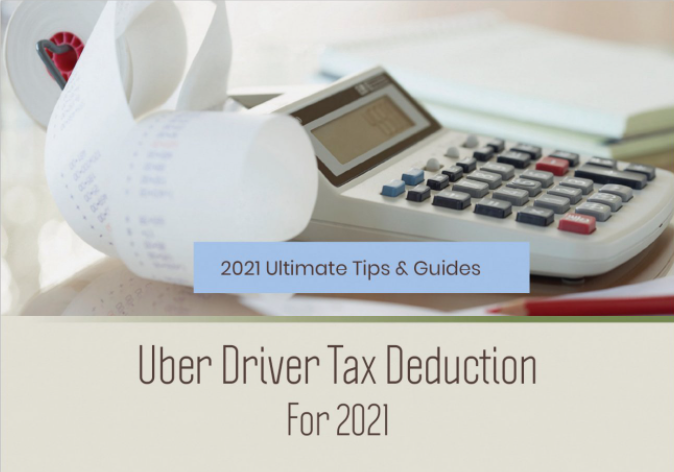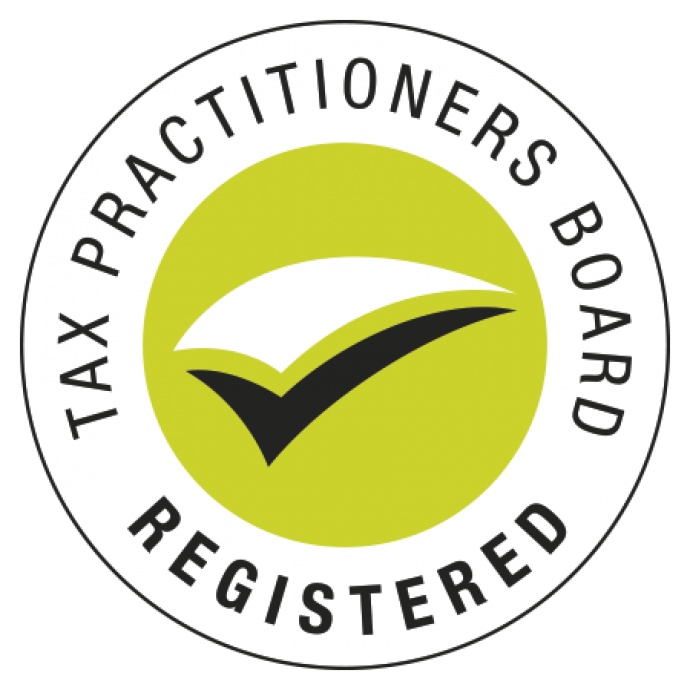Income and Deductions for Uber Drivers 2021
The income you earn from ride-sourcing is assessable income. This includes fares, tips or bonuses from the digital platform. You must report it in your annual tax return. This applies even if you're providing ride-sourcing services on a casual basis to supplement your income from another job or other business activities.
You can also claim deductions for expenses to the extent that they directly relate to providing ride-sourcing services.
Claiming deductions
Expenses you incur while providing ride-sourcing services are deductible. This can include costs related to maintaining or operating assets, such as a car or mobile device.
If you claim a goods and services tax (GST) credit for GST paid on an expense, you can only claim the remaining amount (the total cost minus GST) as an income tax deduction.
Expenses can sometimes be part business and part private use. You can only claim a deduction for the business portion of the expense – this is called apportionment. You need to show how you calculated the business and private use of your expenses.
Some examples of expenses you may be able to claim, if you incurred them while providing ride-sourcing services, include:
depreciation for assets you own, such as your car (you may need to be able to prove ownership)
fees or commission charged by the digital platform
fuel
lease payments for a car
parking fees
bottled water, mints, tissues, and newspapers that are provided for the use of passengers
wipes, sanitisers and anti-bacterial spray provided for passengers and used to clean your vehicle
tolls if the passenger didn't pay for them (you may be entitled to claim a GST credit for GST included in the price of the toll)
state or territory commercial licences and approvals such as driver accreditation, driver registration and application fees, medical tests and police checks.
Note: The costs of getting and maintaining a private driver licence is considered a private expense and is not deductible.
tax agent fees and payments for similar services.
There are special rules for working out deductible car expenses.
You may be eligible for a range of concessions if you're a small business entity, such as the instant asset write-off. To work out if you are eligible, first work out if you are a small business entity in an income year. You cannot claim an instant asset write off for your car if you owned it as a private-use car before starting your ride-sourcing activities. You must review your eligibility each year.
You can keep records for deductions in hard copy or electronically. Keep all records for five years following the lodgment of your tax return.



